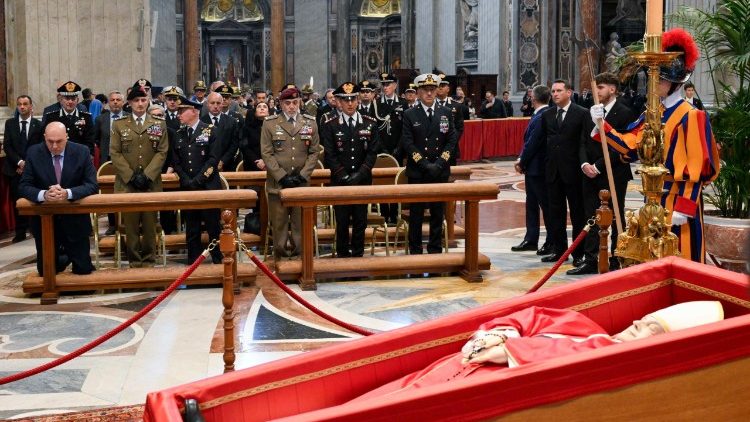Facilitating the Encounter with Christ: Keys for Catechists and Educators in the Faith
Facilitating the Encounter with Christ: Keys for Catechists and Educators in the Faith

In this third and final chapter of our miniseries, we are going to delve into how to make the encounter with Christ a living reality, whether in the family, the parish, or at school. Previously, we spoke about the essence of the Christian relationship: a personal and loving encounter with Christ. Mediation, whether that be that of the catechist, the priest, or the teacher, does not act as a simple intermediary, but as a true “bridge” that brings the student, the child, or the catechumen, closer to Jesus.
The Psychology of the Heart and the Encounter with Christ
To facilitate this approach, it is vital to understand how the human heart works, and we are not referring to the sentimental, but to that intersection between the sensible and the rational that we call “spiritual affectivity.” Within each person there is a tendency process; natural tendencies that, satisfied or not, generate feelings such as joy or sadness, and that guide our behavior. In this sense, the “heart” is a kind of spiritual filter that reacts not only to what suits us, but to what we recognize as valuable in itself: what is beautiful, what is just, what is good.
Here comes the role of the Christian mediator. Educating and cultivating this heart, awakening it so that it grows and matures, is key. This work of “educere,” of bringing to light the internal potential, is the first of the educator’s tasks, who helps the other to develop his or her own capacity for discernment, empathy, and sincere dedication. This is achieved through proposals appropriate to the age and stage of development, such as exercises of imagination, active listening and empathy for the youngest, and compassion and accompaniment for the young.
The Exercises of Cultivation of the Heart
Each stage has its own pedagogical tools. In childhood, imagination is the key, and to do so, this aspect can be cultivated in a constructive way. Through observing nature, history, or the cosmos, the child learns to value reality and move away from escapist fantasy, promoting a curious and open heart. In adolescence, the focus is on listening and compassion, fundamental skills for growth in maturity and depth.
The goal of these exercises is to foster a heart sensitive to the highest values, which does not only react to what is useful or convenient, but marvels at the good, the beautiful, and the true. An empathetic, observant, and profound heart is capable of opening itself to the encounter with Christ and discovering in Him the ultimate meaning of life.
Inducere: Presenting Christ as the Way of Life
The second fundamental task of the Christian mediator is to “inducere,” that is, to present Christ in a close and accessible way. This can be done in multiple ways, appropriate to each stage of development. In childhood, for example, children can be taught “lectio divina,” a form of prayer that consists of reading the Word of God and delving into it. This exercise not only fosters love for Scripture, but also allows the child to imagine himself in the Gospel scene, connecting with Christ from his earliest years of life.
For adolescents, on the other hand, “prayer of the heart” is recommended, a more personal and profound form of prayer that can respond to their concerns, doubts, and feelings of loneliness or guilt. Through this practice, the young person learns to speak to Christ in an intimate way, creating a space for authentic and personal encounter.
The work of the Christian educator, whether in the family, at school or in the parish, has the mission of facilitating the path to the encounter with Christ. This is not achieved only with words or knowledge, but through the living and concrete experience of faith. Educating the heart and presenting it to Christ is the key for each person to discover their highest value and be encouraged to live a life of plenitude in the love of God.
May this third chapter serve as a practical guide for those who wish to bring others closer to Christ in an authentic and profound way. Faith, ultimately, is a personal and loving encounter that drives us to live with an open heart and in the truth of Christ.
Episode 1: Keys to the encounter with faith in the educational community
Episode 2: The personal relationship with Christ: A transformative encounter
Related

The heart of the Church beats between mourning and hope
Exaudi Staff
24 April, 2025
2 min

What is a Conclave? The Process That Elects the New Pope
Exaudi Staff
24 April, 2025
7 min

Current Status of the College of Cardinals
Exaudi Staff
23 April, 2025
14 min

The Challenges of the Next Pope and the Path of Grace
Javier Ferrer García
23 April, 2025
4 min
 (EN)
(EN)
 (ES)
(ES)
 (IT)
(IT)

